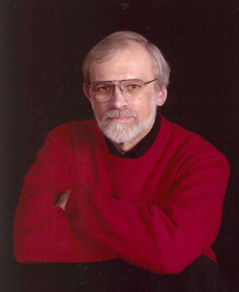There were a lot of ideas bounding around in the Michigan League today, but many ideas recurred or were expressed in different ways. Here's my take on them:
- Coordination between modes of transport is essential, and there are many creative things we can do at points where modes intersect. People need to be informed where the intersections are, and what they can do at each one. In fact, looking at these nodes of intersection is a creative way to leverage scarce resources.
- Sharing resources is another universal need. The waste of having millions of automobiles spending most of their time taking up parking spaces calls for lots of creative thought. The Zip Car model is one solution; the "slug line" (flexible carpooling, mentioned in last night's blog) is another.
- Lack of information about public transportation is one of the biggest barriers to its use in the USA. There are many electronic solutions to dynamic information, like bus or train arrival times, but good signage and paper maps are the most reliable for static information like route maps. Electronic trip directions have a lot of potential, but in many cases haven't been perfected yet.
- Culture and psychology are significant barriers. Presenting a positive vision of the future is the best way to inspire people and get them to participate in change; fear (of climate change or terrorism, for instance) produces only short-term gains, followed by long-term resistance to change. An example that came up many times was GM's Futurama, a vision of a future where cars and highways brought freedom and the good life. Futurama was presented at the 1939 Worlds Fair in New York, and inspired the generation that created the Interstate Highway System.
- Psychologist Clotaire Rapaille identifies automobiles in the US as symbols of freedom, identity, and sex - extremely powerful forces in our lives. There is no way, IMHO, that public transportation can replace automobile's link to the identity and sexuality of many Americans, but I believe significant numbers of Americans now see cars being as much burdens as they are passports to freedom.
- The needs of the developing world are similar to those of the developed world, but the solutions are not. An information-intensive system is very appropriate for places where smart-phones and computers are a small fraction of the average person's annual wage. A simpler, less costly system is necessary in places where that's not true, or where literacy rates are low.





No comments:
Post a Comment